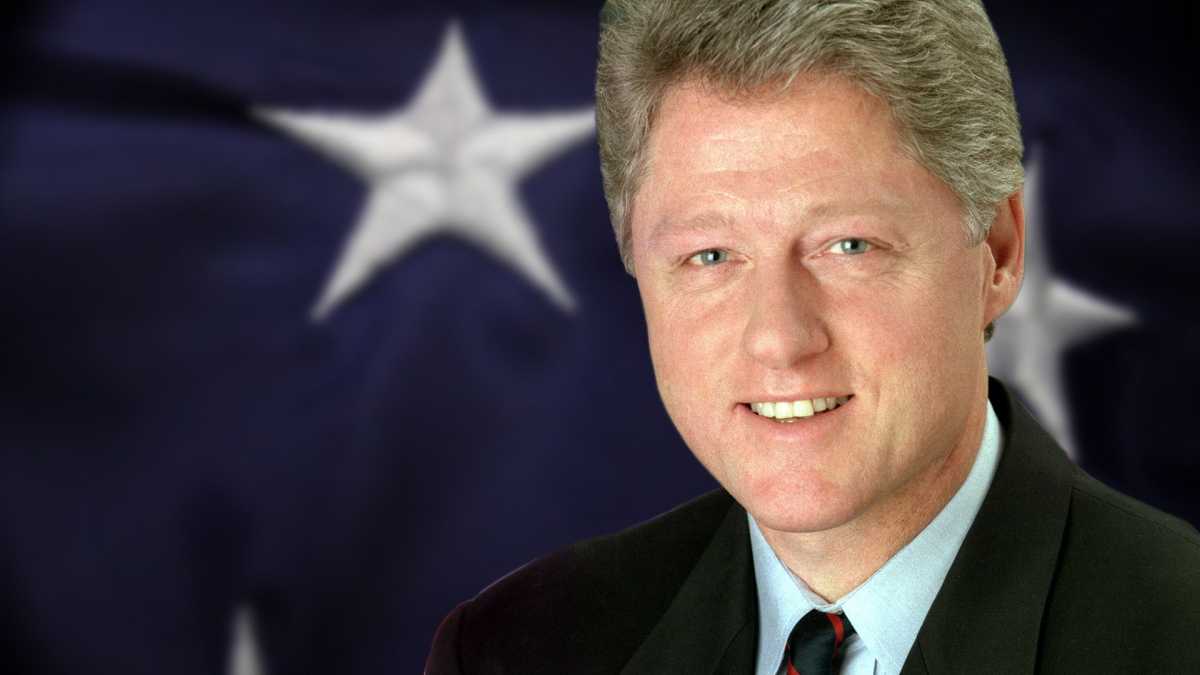People
Bill Clinton: A Comprehensive Portrait of the 42nd President of the United States

Table of Contents
- Introduction
- Early Life and Education
- Political Career
- Presidency
- Post-Presidency
- Key Takeaways
- Facts about Bill Clinton
- Frequently Asked Questions
Introduction
Bill Clinton, born William Jefferson Clinton, served as the 42nd President of the United States from 1993 to 2001. Known for his charisma, political intellect, and ambition, Clinton remains a prominent figure in American politics. Throughout his career, he made substantial contributions to both domestic and foreign policy, leaving a lasting impact on the nation’s history.
Early Life and Education
Bill Clinton was born on August 19, 1946, in Hope, Arkansas. Raised in a humble household, he faced various challenges growing up, but his drive for success was evident early on. Clinton excelled academically, gaining admission to Georgetown University, where he developed an interest in politics. He later attended Yale Law School, honing his legal skills while engaging in activist movements of the era.
Political Career
Clinton’s political career began in Arkansas, where he served as the state’s attorney general in the late 1970s. In 1978, he was elected as the state’s governor, becoming the youngest governor in the country at the time. Clinton’s tenure as governor brought significant cultural and economic advancements to Arkansas, raising his national profile.
In 1992, Clinton’s presidential campaign gained momentum, focusing on revitalizing the American economy and improving healthcare accessibility. With his affable demeanor and innovative policy ideas, he won the Democratic nomination and defeated incumbent President George H. W. Bush in the general election.
Presidency
Bill Clinton’s presidency marked a period of substantial accomplishments and challenges. He successfully implemented economic policies, leading the country to experience the longest period of peacetime economic expansion in its history. His administration played a pivotal role in reducing unemployment rates, increasing household incomes, and balancing the federal budget.
Clinton’s presidency also witnessed landmark achievements in healthcare reform, gun control, and environmental protection. His efforts to pass the North American Free Trade Agreement (NAFTA) and intervene in the Balkans conflict reflected his commitment to global affairs.
Post-Presidency
After leaving the White House, Clinton remained actively involved in public service and humanitarian work. He founded the Clinton Foundation, a nonprofit organization focused on addressing global challenges such as poverty alleviation, climate change, and access to healthcare. Clinton’s post-presidential efforts continue to shape communities worldwide and emphasize the power of collective action.
Key Takeaways
Bill Clinton’s presidency was characterized by significant economic growth, healthcare reform, and advancements in environmental protection. His charisma and ability to navigate complex political landscapes made him a highly influential figure both domestically and internationally.
Facts about Bill Clinton
Throughout his life and career, Bill Clinton accumulated numerous notable achievements and interesting facts:
- Impeachment: Clinton was the second U.S. president to be impeached by the House of Representatives (in 1998). However, he was acquitted by the Senate.
- Rhodes Scholar: Clinton was a Rhodes Scholar at the University of Oxford, further enhancing his intellectual capabilities.
- Family Life: He met his future wife, Hillary Rodham Clinton, while studying at Yale Law School. They married in 1975 and have one daughter, Chelsea Clinton.
- Global Impact: Clinton’s efforts to promote peace and tackle global challenges earned him recognition worldwide, including the Presidential Medal of Freedom, the highest civilian honor in the U.S.
Frequently Asked Questions
1. What were some of Bill Clinton’s notable accomplishments during his presidency?
During his presidency, Clinton achieved significant milestones, including economic growth, healthcare reform, and environmental protection. He also played a crucial role in brokering peace talks in Northern Ireland and attempting to resolve the Israeli-Palestinian conflict.
2. How did Bill Clinton’s presidency impact the economy?
Clinton’s economic policies contributed to a period of remarkable growth, with low unemployment rates, increased household incomes, and a balanced federal budget. His administration prioritized fiscal responsibility and targeted investments to stimulate economic expansion.
3. What is the Clinton Foundation, and what does it focus on?
The Clinton Foundation is a nonprofit organization founded by Bill Clinton that concentrates on addressing global challenges. Its initiatives include poverty alleviation, climate change, access to healthcare, and creating economic opportunities for communities around the world.
In conclusion, Bill Clinton’s presidency left an indelible mark on American history, characterized by notable achievements in various policy areas. His political career, post-presidential endeavors, and global impact serve as a testament to his enduring influence and dedication to public service.












